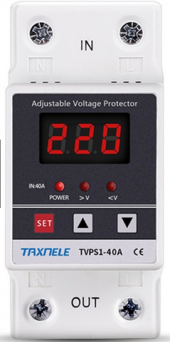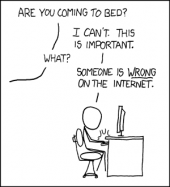Cyanlite
New Member
- Joined
- Jun 13, 2021
- Messages
- 102
Running off-grid requires more transfer switches, disconnects, bigger inverters, fuses, circuit breakers, more batteries, and major rewriting of your house’s electrical system. Permitting sucks, because more often than not the AHJ doesn’t have a clue what’s going on if you try to DIY.Can someone explain what is the point of tying to grid anyway without an agreement? If you're looking to offset your bill just run your loads off grid that way you don't get charged for the portion you don't use from your utility. Trying to tie to grid, even if its just for a test seems to be not only waste of time, but it can get you in trouble in a lot of different ways.
It’s super tempting just to plug in one of those Chinese inverters that backfeeds a circuit with a suicide cord directly to a wall outlet. Sure, you’ll probably burn down your house, get someone electrocuted, or get in trouble with your utility/law enforcement, but it’s the simplest approach. Literally the path of least resistance since it’s one cord.The Off-Grid Basement guy does this on a smart relay and works well for him as an energy dump.




